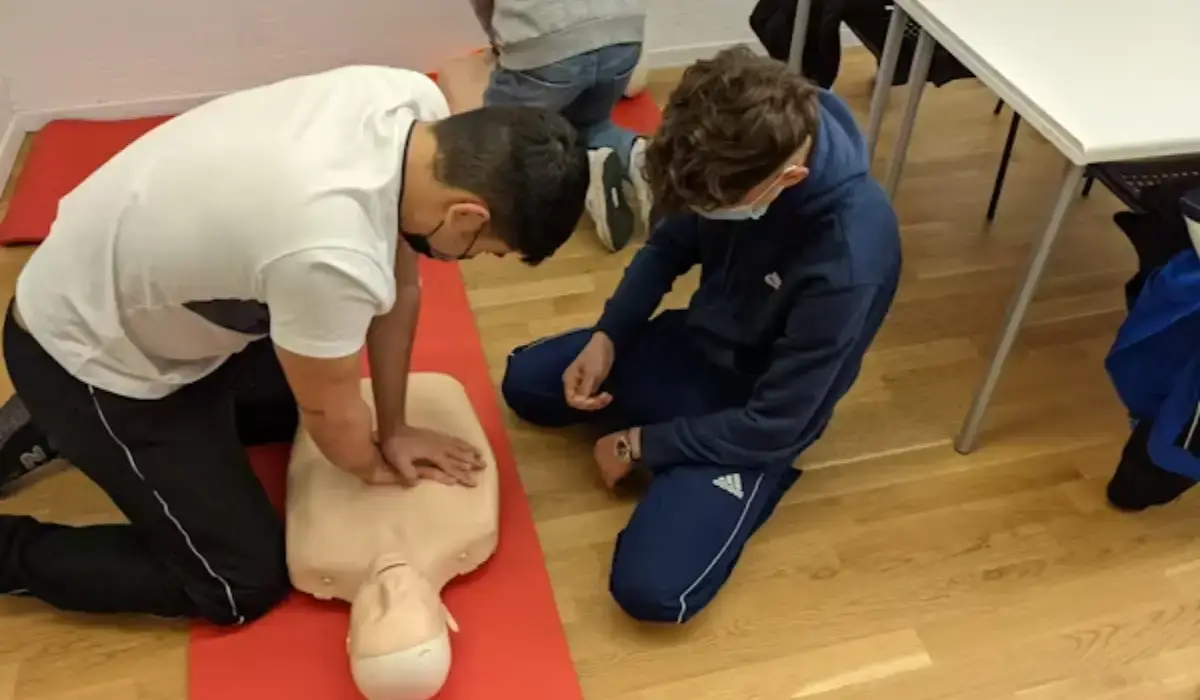
Instructor Qualifications: Life Support and Safety Classes
What to Look for When Choosing Instructors for Life Support and Safety Classes
Choosing the right instructor for life support and safety classes is crucial to ensure you receive high-quality training. Whether you’re taking Pediatric Advanced Life Support (PALS), Advanced Cardiovascular Life Support (ACLS), Basic Life Support (BLS), or any other similar course, the qualifications and experience of the instructor can make a significant impact on your learning.
Illinois Safety offers accredited courses led by certified instructors to help you build the skills you need for any emergency situation. Here’s what to look for when choosing an instructor.
1. Qualifications and Credentials
The foundation of any effective life support class is the instructor’s qualifications. Look for instructors certified by recognized organizations like the American Heart Association (AHA). Whether you’re enrolling in acls certification classes in Chicago or pals recertification classes, it’s critical to ensure your instructor holds relevant certifications for the course they are teaching.
In addition to certifications, consider the instructor’s educational background. Instructors with professional experience in healthcare—such as nurses, paramedics, or doctors—are highly desirable. Their real-world experience, combined with the structured training provided by organizations like the AHA, ensures that the information delivered in acls and pals certification classes in Chicago is both practical and accurate.
Ready to enroll in an accredited course with certified instructors? Explore our ACLS, PALS, and BLS courses to find the right program for you.
2. Experience and Teaching Style
Experience plays a significant role in the quality of instruction. An instructor with extensive experience, not only in the field but also in teaching, can offer valuable insights beyond what is covered in the textbooks. For example, when taking pals certification in Chicago or bls recertification, having an instructor who has faced real-life emergencies adds depth to the learning experience.
Additionally, look for an instructor who employs a hands-on teaching methodology. In classes such as cpr training in Chicago or neonatal resuscitation program courses, interactive and engaging teaching styles will help solidify your understanding of key concepts. Effective instructors are also capable of adapting their teaching to suit various learning styles, ensuring that every participant gains the confidence needed to apply their skills in real-world scenarios.
3. Accreditation of the Course
When choosing a life support course, it’s important to ensure that the program is accredited by a recognized body like the American Heart Association. Accreditation ensures that the curriculum meets industry standards and that your certification will be widely accepted. Whether you’re taking acls recertification online in Chicago or attending an in-person pals course in, the course’s accreditation provides credibility and ensures you’re receiving a high-quality education.
Ensure your certification is recognized by enrolling in one of our AHA-accredited courses.
4. Instructor’s Professional Reputation
Before committing to a course, it’s essential to research the instructor’s professional reputation. Reading online reviews and testimonials from previous students can provide valuable insights into the instructor’s teaching quality. An instructor with consistently positive feedback is likely to offer a comprehensive and engaging learning experience in acls recertification classes in Chicago or cpr training.
Additionally, instructors who are members of professional organizations or engage in continuous education are more likely to stay updated with the latest advancements in life support. This is particularly important for courses like bls recertification or nrp certification in Chicago, where protocols and guidelines frequently evolve.
5. Specialization in the Course
Different life support classes require varying levels of expertise from the instructor. For PALS courses, an instructor with specific experience in pediatric care is crucial. This specialization ensures they provide the most relevant and up-to-date information for handling pediatric emergencies. If you’re taking pals recertification in Chicago, make sure your instructor has a background in pediatric care.
Similarly, for ACLS courses, it’s advantageous to choose an instructor with expertise in cardiology or emergency medicine. Instructors with this background bring a deeper understanding of cardiovascular life support, which is essential for acls certification or acls recertification online.
6. Training Environment
The environment in which you learn life support skills can also make a difference. Some instructors offer on-site training, which can be a convenient option for teams or organizations. Whether you’re looking for acls classes in Chicago or in Schaumburg, consider whether the instructor offers training at your location or if you need to attend a facility. A conducive learning environment, with plenty of space for hands-on practice, is crucial for mastering these critical skills.
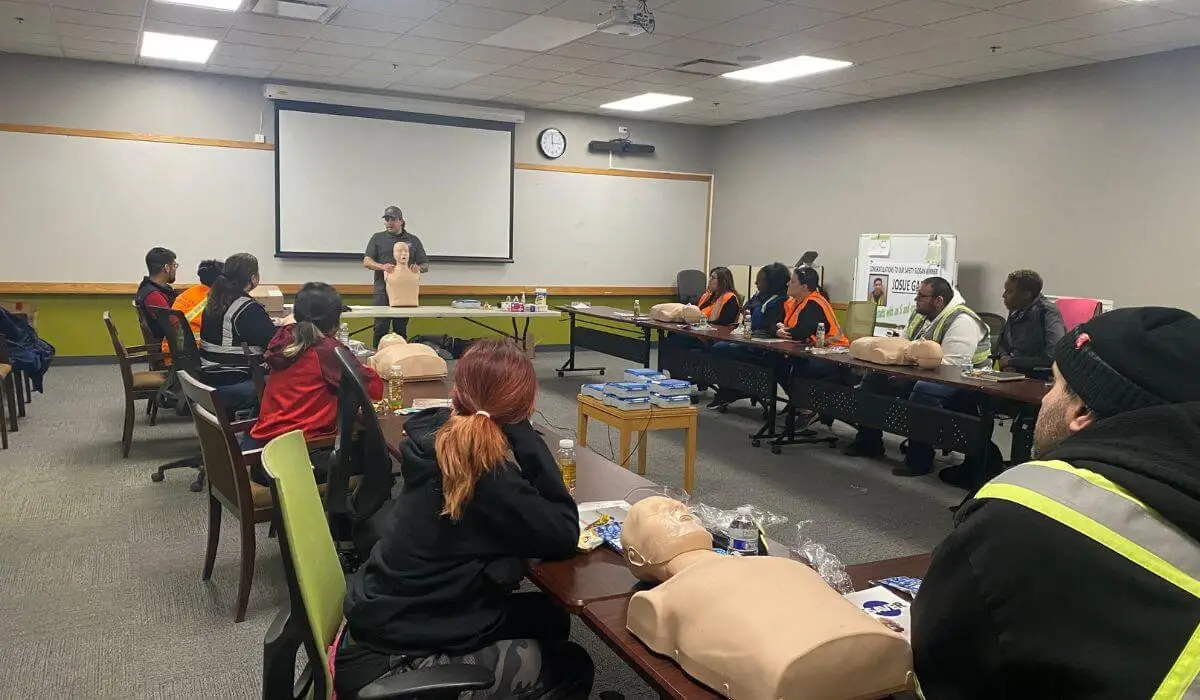
Experience high-quality, hands-on training in a comfortable environment. Register now for ACLS, BLS, or PALS courses.
7. Class Size and Individual Attention
Class size significantly impacts the quality of the instruction you receive. Smaller classes offer more personalized attention, allowing instructors to provide one-on-one feedback and guidance. In life support classes, a small class size ensures you have ample opportunity to practice and receive feedback, enhancing your learning experience.
8. Flexibility and Course Options
In today’s fast-paced world, flexibility is key. Many professionals prefer the convenience of acls recertification online or hybrid courses, which combine online learning with in-person practical sessions. If you’re balancing a busy schedule, look for instructors offering flexible learning options for bls certification near Chicago or pals renewal.
Illinois Safety Instructors for Life Support and Safety Classes
Choosing the right instructor for life support and safety classes can significantly enhance the learning experience, ensuring you’re well-prepared to handle emergencies. Selecting a qualified instructor is key to success.
Illinois Safety provides highly qualified and experienced instructors for life support and safety classes, ensuring that you receive the best possible training. Our instructors are certified by the American Heart Association and have extensive backgrounds in healthcare and emergency response, making them well-equipped to guide you through courses such as ACLS, PALS, and BLS.
With a focus on hands-on learning, personalized attention, and a commitment to excellence, Illinois Safety is your top choice for comprehensive and accredited life support training. Explore our courses or call us at (630) 290-4280 to start your training.
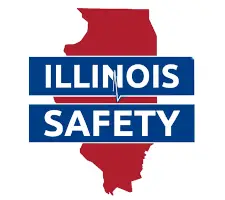
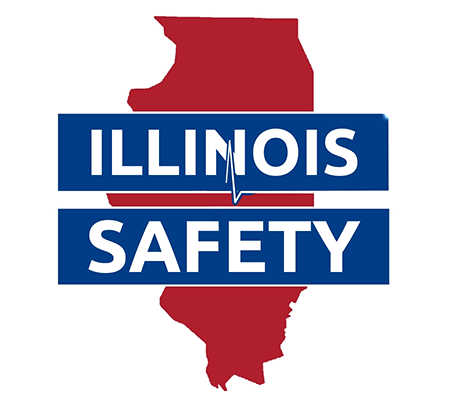

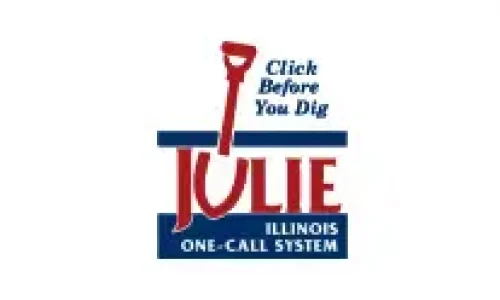










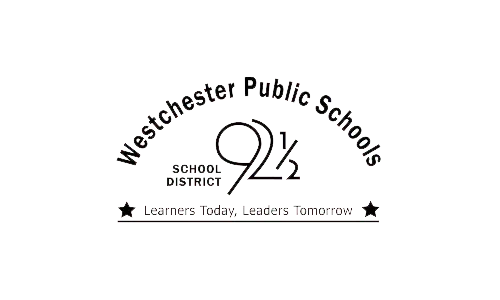













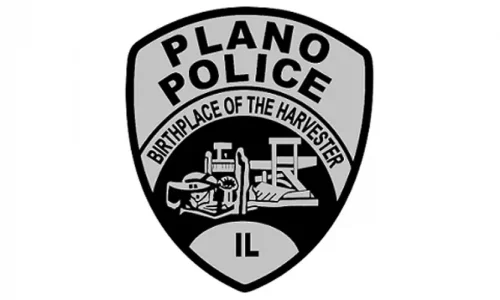
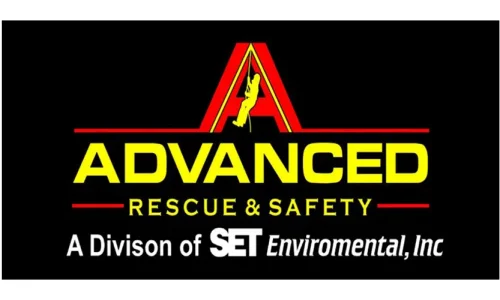


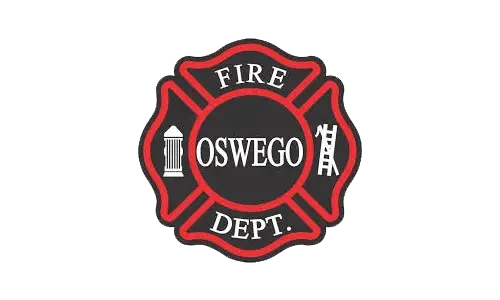
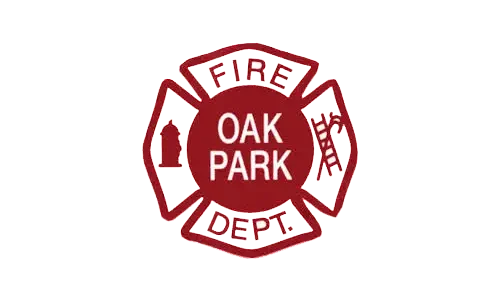


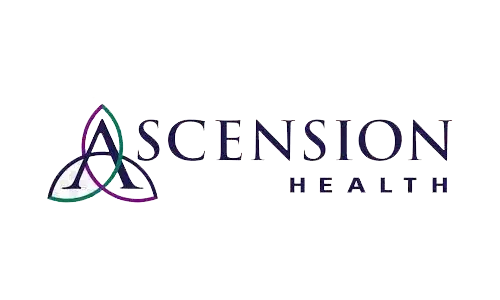


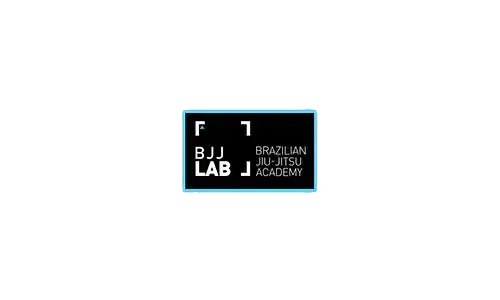




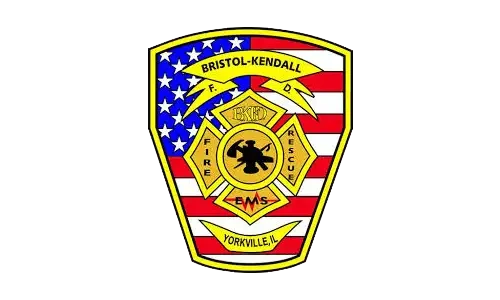

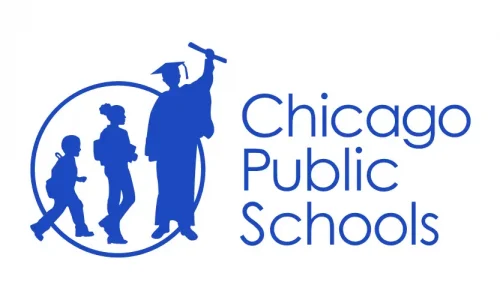
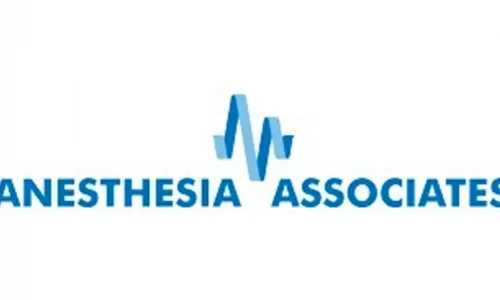




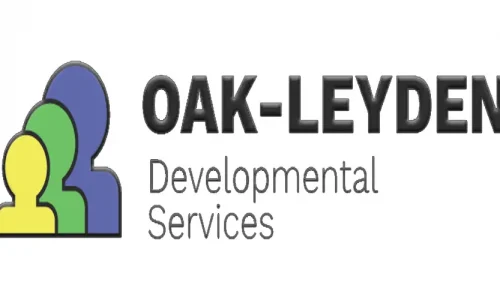




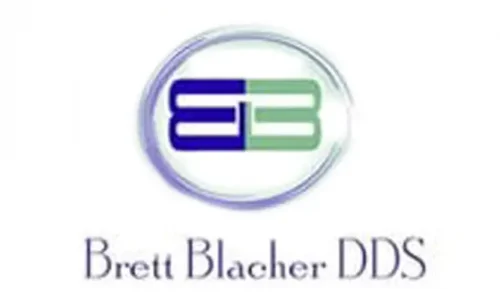



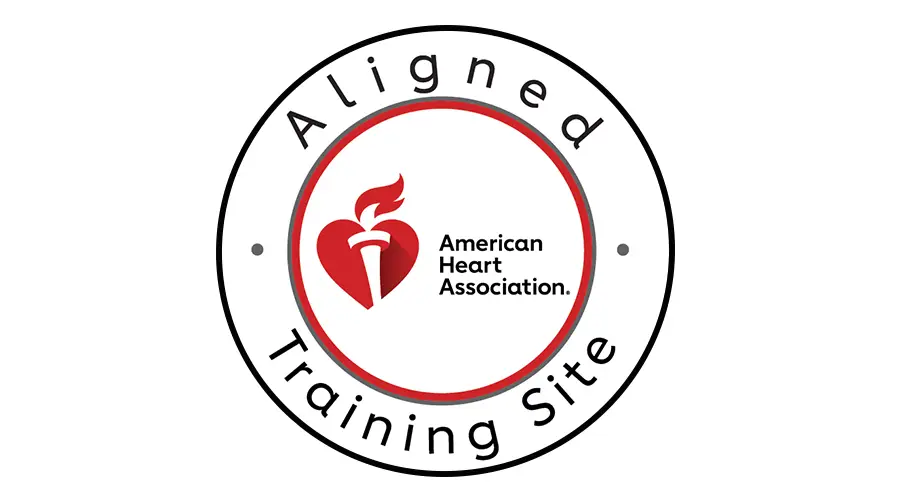
 Powered by
Powered by